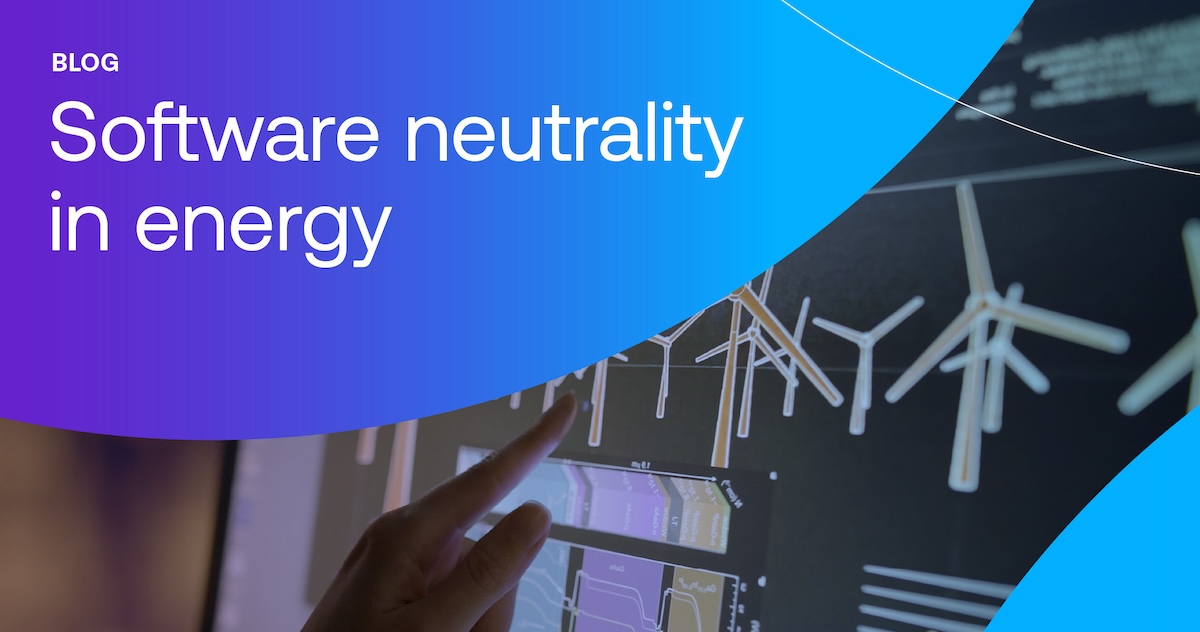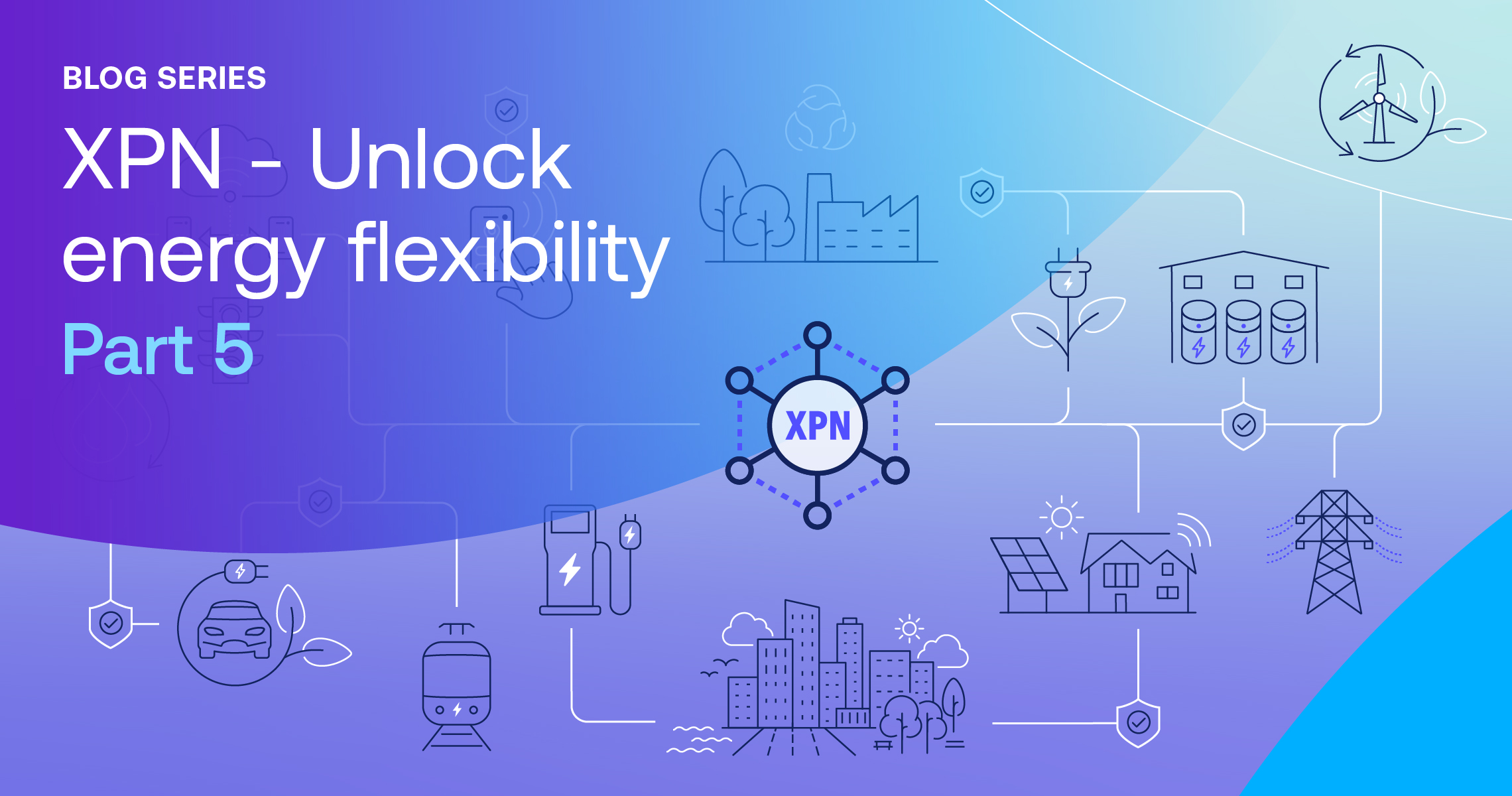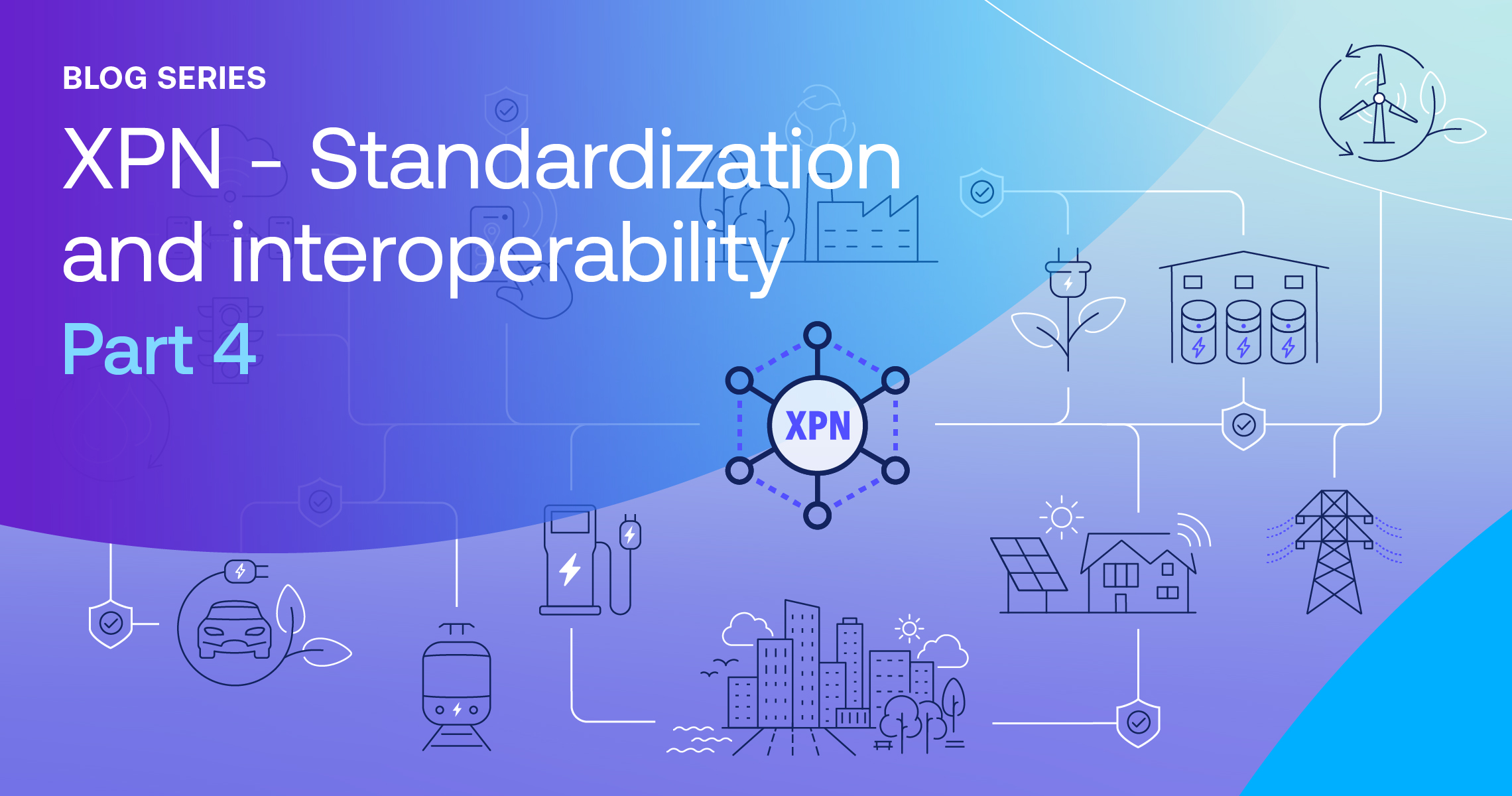The typical outcomes of vendor bias–cost-impact, lack of flexibility, innovation constraints, and difficulty switching to something else–are all relevant for energy. Yet, the stakes are even higher for energy organizations choosing software vendors today.
For energy companies, the decarbonization and modernization of grids worldwide brings an increasing reliance on software and AI to maintain a reliable flow of clean electrons. With digital processes permeating everything from monitoring generation assets to customer communications, software is now just as mission critical as wires and generation in the modern grid.
When it comes to choosing software and their vendors, energy companies need to apply the same care and discipline they use when selecting hardware vendors. An energy organization must be able to trust that its software vendors can be relied on to both properly handle valuable and sensitive grid data and support the company’s business goals. For the former, with the existential threats that cybercriminals pose to the grid, the software vendor’s dedication to maintaining the cybersecurity standards should certainly be top of mind. For the latter, there’s another factor that should also be a priority consideration – the vendor’s neutrality.
Why is software vendor neutrality important? As in any business relationship, understanding the long-term interests of your software partners with a clear eye is fundamental. This is a real concern when dealing with software marketed by energy device OEMs. While an energy device OEM is motivated to expand their business with a software line, an energy company needs to carefully consider the implications of such offerings. Software can become a black box – and one that is instrumental in connecting devices, data and customers.
When an OEM also provides software, questions naturally arise as to if the software will somehow favor the OEM’s hardware products. For example, if a competitor gains an advantage with a new feature or product, will the OEM adapt its software to take advantage of this in a timely fashion? Will the OEM’s competitors be willing to integrate their offerings with the software? Could the OEM make it difficult for the energy company to access data from the OEM’s devices? Will the OEM follow customer’s requests for future features if this should conflict with the interests of their hardware offerings? While the OEM’s software arm may offer assurances on these points, the built-in conflict of interest ensures that these concerns will always remain.
Working with a neutral third-party software partner avoids these questions. The vendor’s incentives are simple: provide their customers with the best possible product that reliably supports their customers’ goals and operations. By choosing such a partner, energy companies can avoid all of the guessing games and the potential headaches represented by software from a hardware OEM. As an innovator in content protection technology, Intertrust has long understood the importance of being a neutral third-party vendor, something that we continue in all of our business operations, including the energy market.
About Phil Keys
Phil Keys is a Director, Comms & Research for Intertrust Technologies. He is a veteran technology industry observer, marketer, connector, and writer based in Silicon Valley. In addition to 13 years of experience as a Silicon Valley Correspondent for Nikkei Business Publications, Phil has worked for technology companies in both the US and Japan. Phil has spoken publicly in events in Tokyo and Silicon Valley as well as moderated panels in Silicon Valley. He holds a B.A. from the University of California at Berkeley and attended International Christian University in Tokyo.




